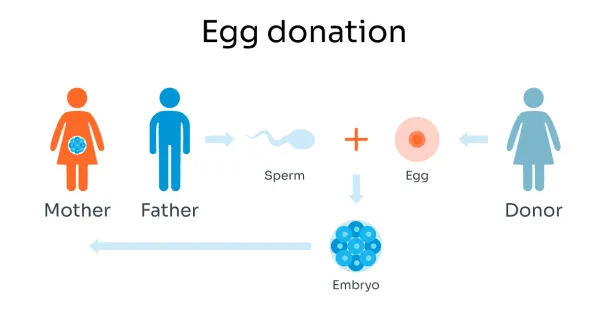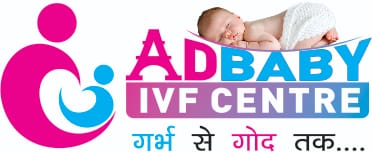
Modular Operation Theatre Units
AdBaby IVF Centre operates an egg donor program to give recipients (and their partners if applicable) who cannot produce eggs, or are unable to use the eggs they produce, the opportunity to fall pregnant and have a baby. Donated eggs can also be used in surrogacy for gender and sexually diverse people.
Egg donation is an important decision, and we try to provide as much information about this process as possible. Our fertility nurses continue to be your main contact throughout the process and are happy to address the matters you may have in regard to our egg donor program or the process itself.
Who Requires Donor Eggs?
You may require donor eggs due to factors such as:
- Premature menopause.
- Inability to make use of their own eggs due to genetic causes.
- Repeatedly unsuccessful using an IVF program.
- Born without ovaries.
- Undertaken treatment for cancer.
- Donated eggs can then be used in surrogacy for gender as well as sexually diverse people.
Who Can be an Egg Donor?
Donors can donate their eggs if they meet these criteria:
- Aged 23-35 if clinic-recruited. Egg donors over the age of 32 will not at all be accepted for clinic-recruited donation. The suitable age of a known egg donor should be discussed prior with your specialist.
- Healthy with no history of inherited disease. Donors will not be accepted if they suffer from an illness, disease or genetic condition that can be passed on to a child conceived from the donation.
- Donors who can provide their family medical history. If married or in a de facto relationship, the partner must consent to the donation.
- Donors should have a permanent residential address and accessible for follow up clinic medical tests from the clinic that recruited them. They are expected to present three forms of identification and proof of a fixed residential Campbell et al. (2014) example, driver’s licence, passport photo identification.

